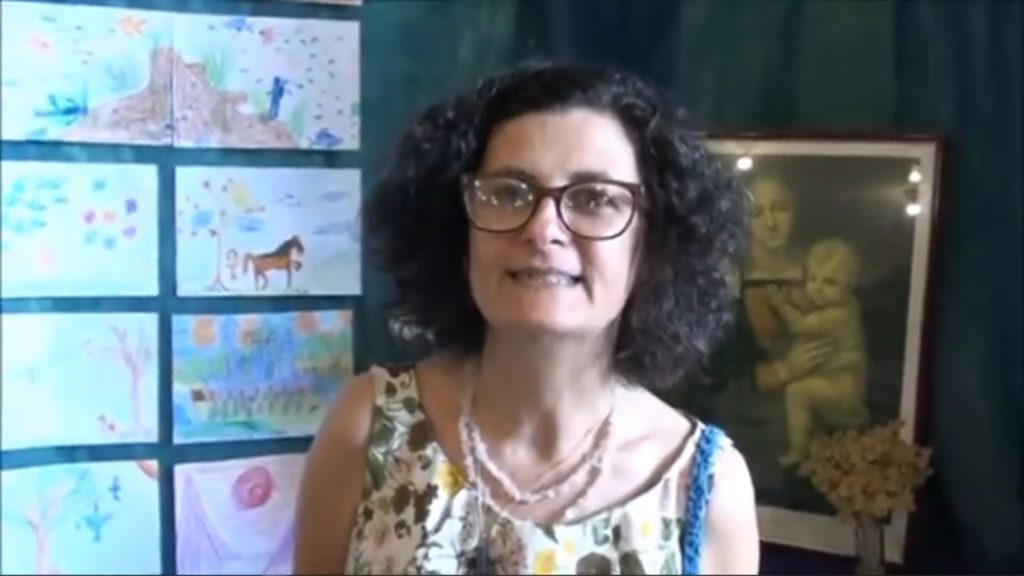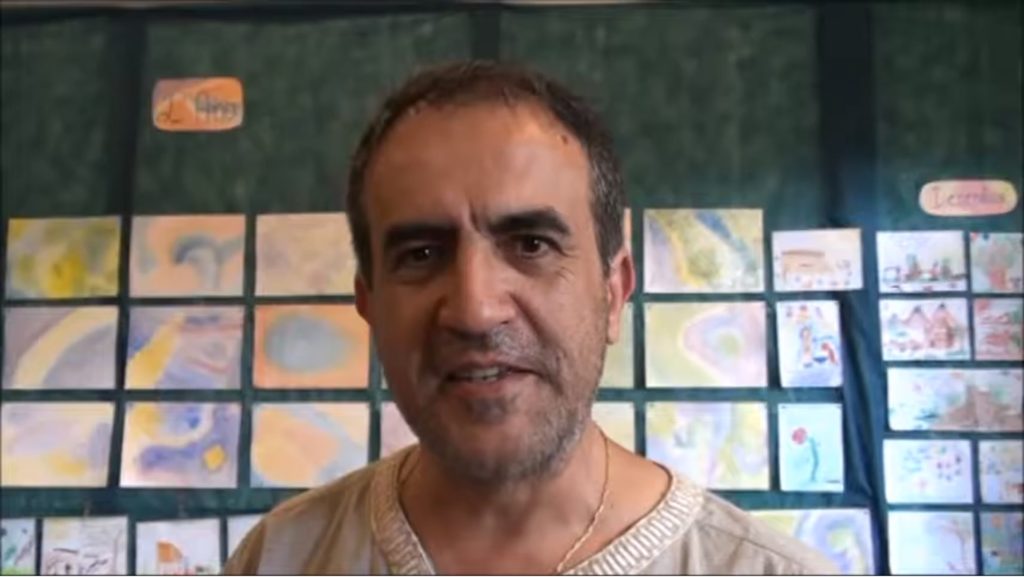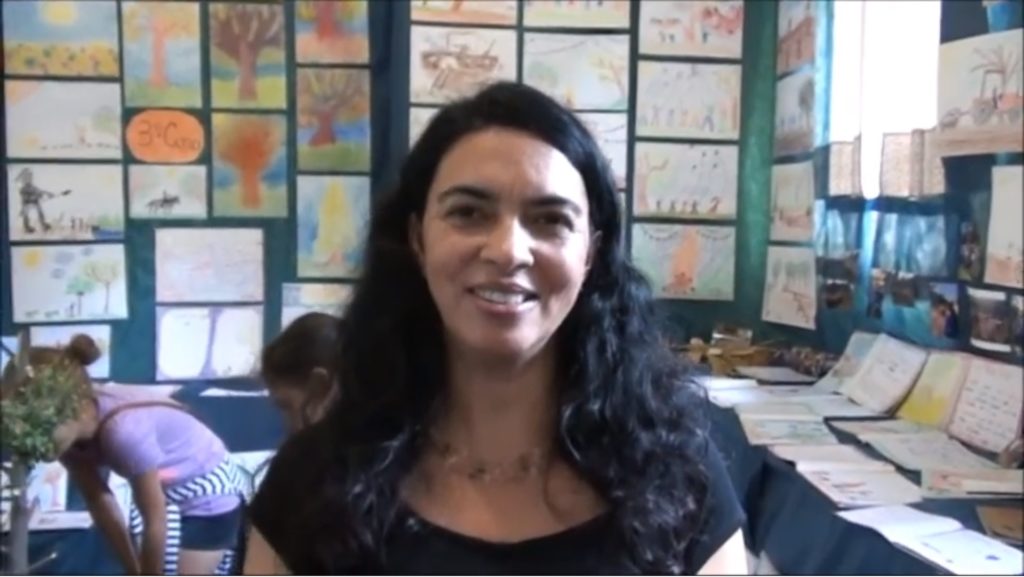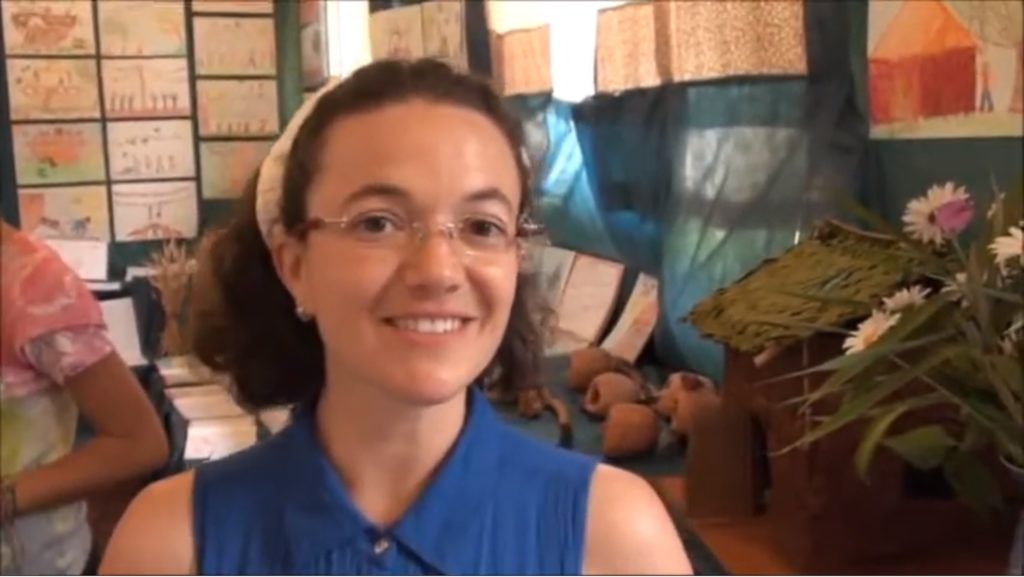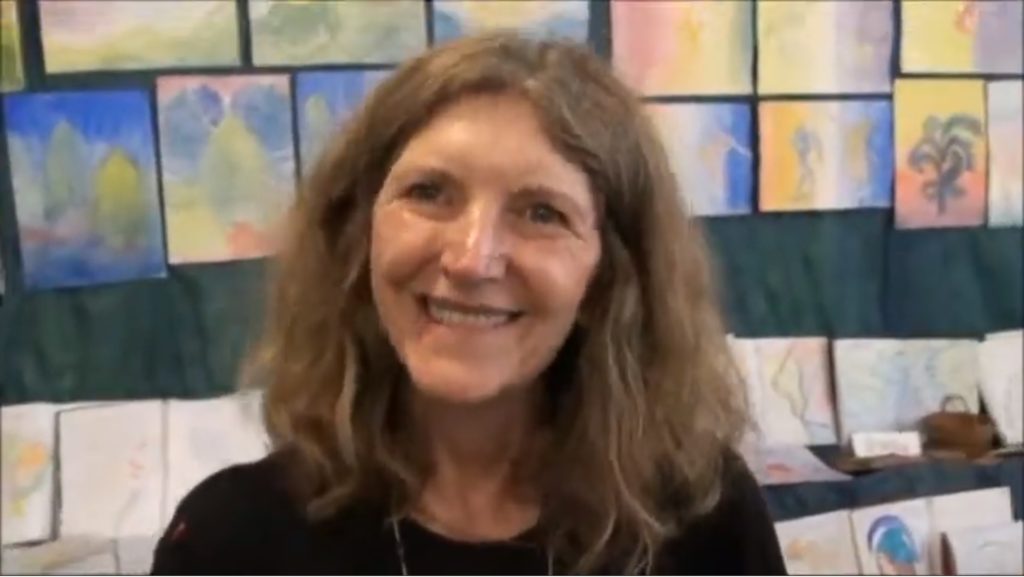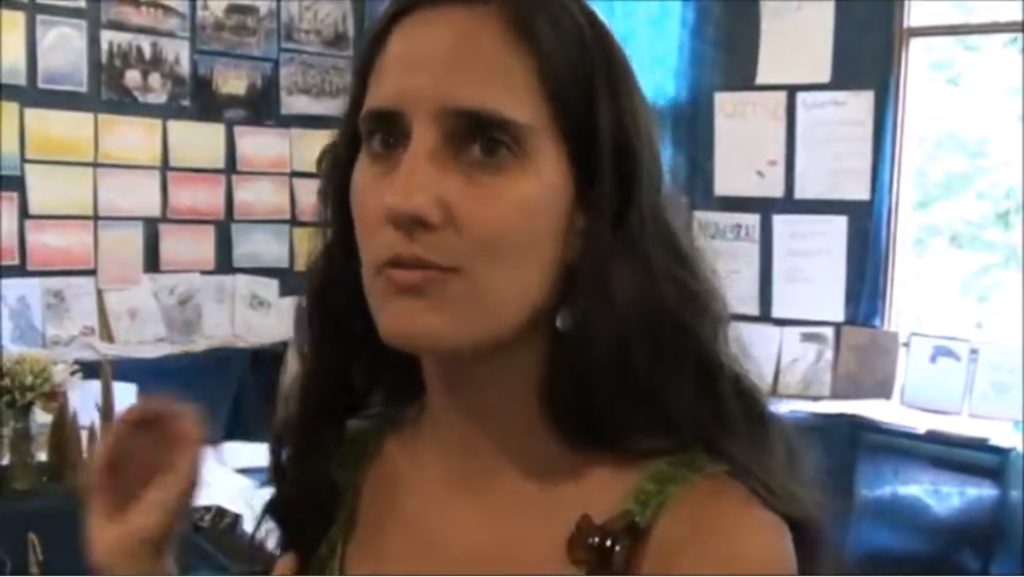In the Waldorf curriculum, teaching follows a progressive methodological sequence
Written by Jon McAlice
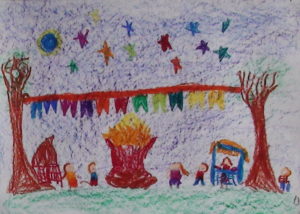
1st year Waldorf student drawing.
In the curriculum of the Waldorf School, as an integral school, there is a progressive methodological sequence, in the subjects from 1st to 12th grade, which constitutes a true school plan for each student.
The way we understand the world changes throughout life, and this happens gradually. We start by understanding general aspects, then we understand their particularities and the relationships between them and, only then, are we able to elaborate a synthesis through thought.
This metamorphosis of understanding is a fundamental fact in the development of man, which marks the entire education of the individual and which, at least in part, is physiologically conditioned. In the child, this metamorphosis takes place in parallel with the gradual formation of individuality and is expressed through an increasingly structured activity of thought. This profound transformation is not only reflected in the general curriculum of the Waldorf School, but also determines the definition of the different periods for teaching each subject.
The interest of children and young people in everything they learn at school is fundamentally due to the fact that teaching, both in terms of content and structure, respects the stages of student development, as well as increasing the development of its potential.
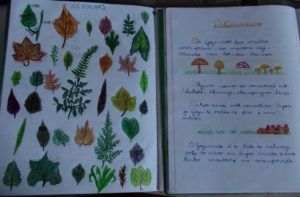
5th grade student drawing – Rudolf Steiner School – SP
To achieve this goal, Waldorf Pedagogy advocates a qualitative understanding of different sectors of life and different disciplines, to the detriment of the sum of memorized knowledge. This pedagogy, which leads from image to concept, is important for two reasons. Regarding the curriculum developed during the 12 years of schooling, it describes the way in which teaching should be carried out taking into account each stage of development of the child and young person: children's classes are characterized by teaching through image, supported by complementary activities of a creative nature; in more advanced classes, conceptualized knowledge gradually plays a much more important role. The individual activity will be developed in such a way as to transform itself into the ability to autonomously issue value judgments.
In all the contents covered, the knowledge previously acquired will be elaborated again in conceptual and scientific terms.
With regard to the structure of the academic periods of each subject, this process is of fundamental importance for the development of the child's memory. In the stage of basic schooling, the child is placed in the world through a relationship built on the basis of feeling. She remembers, first of all, everything that impressed her as emotion and feeling. After this phase, memory is strengthened through the use of imagination to recreate what had been perceived by the senses and then transformed into conceptual terms.
The teacher develops this activity by describing the processes in question through realistic, very enlightening images. A characterization of the object of knowledge based on images is more easily imprinted in memory than an abstract definition.

11th grade student painting – Rudolf Steiner School – SP
In any learning process, one starts with experience as a starting point, whether it is a question of forming an inner mental representation or an active re-encounter with the phenomenon. Conceptual understanding comes later.
The faculty of learning new things is based on the willingness to enter the experience in an ever new way. The transition from image to concept, as referred to in Waldorf Pedagogy, is the basis for the development of a way of thinking that, free from prejudice, seeks to discover the world. At the Waldorf School, the child not only learns to love learning, but also acquires methods of acquiring and developing knowledge that will be useful for a lifetime.
Featured image: V do Vento – Blackboard drawing by teacher Suzane Abbamonte, from Colégio Waldorf Micael in São Paulo.
Credits: Written by Jon McAlice for the Waldorf Pedagogy presentation catalog on the occasion of the 44th meeting of the UNESCO International Conference on Education in Geneva. Drawings by students from Colégio Micael and Escola Rudolf Steiner
***


